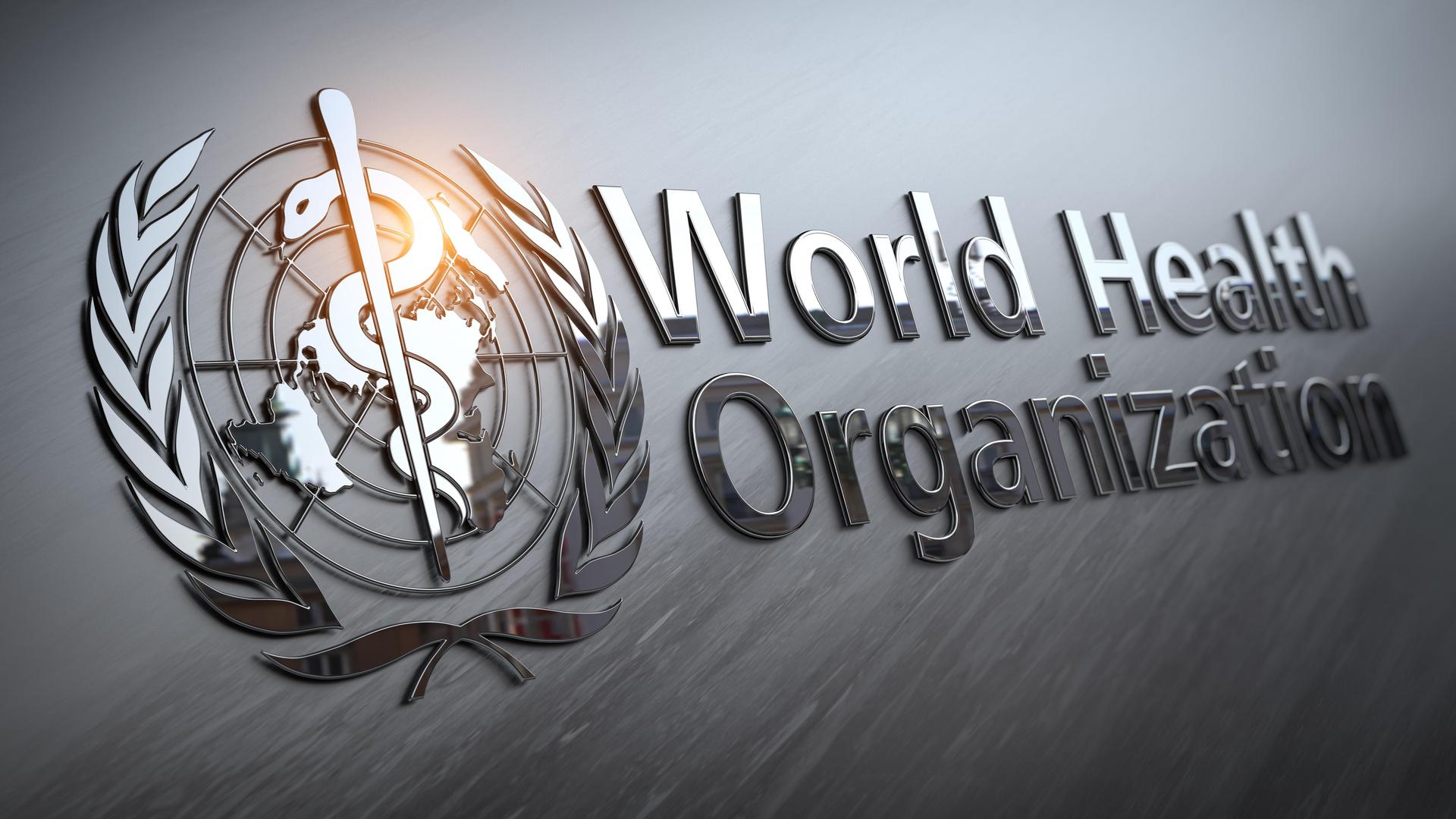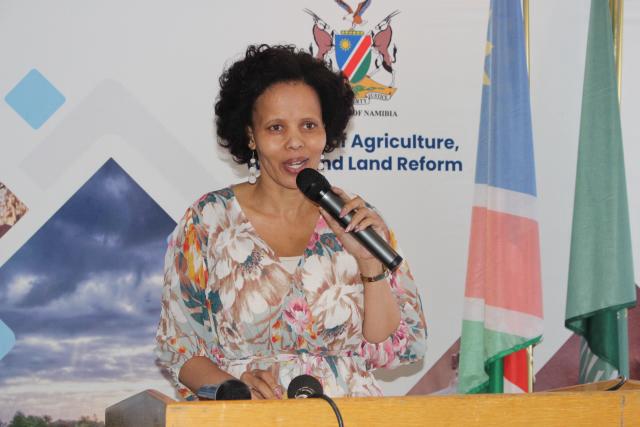Namibia has a good chance of exiting the Financial Action Task Force (FATF) greylist through international technical assistance.
European Union (EU) head of cooperation Federico Berna said this when he addressed a two-day workshop in Windhoek last week, titled ‘Turning Financial Intelligence into Evidence – Addressing Serious, Standalone and Complex Money Laundering Cases’.
“We believe that with dedicated effort and cooperation, Namibia can achieve this goal, just as seven other countries supported by the EU Global Facility have successfully exited the greylist,” he said.
The Bank of Namibia says Namibia was added to the FATF greylist in February 2024 due to concerns over its effective implementation of international anti-money laundering measures, countering the financing of terrorism, and countering proliferation financing standards.
In response, the country has committed to a schedule of compulsory reporting every six months, beginning in November 2024 and concluding in May 2026.
Berna said fighting money laundering and terrorist financing is crucial for the stability and integrity of Namibia’s financial systems.
“These illicit activities divert resources from productive uses, undermine market integrity and threaten the stability of financial systems,” he said.
Berna said the workshop was specifically tailored to the institutions within the law-enforcement chain, and expressed confidence in supporting Namibia’s efforts to exit the FATF greylist through technical assistance.
According to a statement issued by EU delegation to Namibia, spokesperson Twaku Kayofa said the workshop brought together key institutions involved in financial investigations and prosecutions.
It was organised by the EU-funded Anti-Money Laundering and Counter-Terrorist Financing Global Facility project, in collaboration with Namibia’s Financial Intelligence Centre (FIC), and focused on strengthening cooperation and addressing systemic challenges in detecting, investigating and prosecuting money laundering cases.
Stakeholders, including judges, prosecutors and law-enforcement experts from France, Seychelles and Spain, made presentations at the workshop aimed to bridge gaps in inter-agency cooperation and equip participants with the best practices in financial crime prosecution.
According to the EU statement, collaboration and sharing information were crucial in combating money laundering and terrorist financing.
“However, financial crime investigations often faced barriers such as legal constraints, technological incompatibilities and procedural inefficiencies that hindered the effective transformation of financial intelligence into actionable courtroom evidence.
“The workshop provided a platform to tackle these issues and enhance coordination between the FIC, law enforcement and the Office of the Prosecutor General,” the EU said.
Addressing the workshop, FIC Namibia director Bryan Eiseb said: “Financial intelligence is a critical tool in understanding how money moves and identifying money laundering as well as the patterns behind complex financial crimes, which is marred by the obscurity of intertwined corporate structures.”
He said financial intelligence often comes from various sources and should be used for conducting parallel financial investigations with the aim of identifying and recovering all the proceeds of financial crimes.
The workshop built on previous capacity-building initiatives conducted both in Windhoek and online, also covering topics such as beneficial ownership.
Other workshops have been held in countries including Jordan, Zambia, Türkiye, Seychelles, South Africa, the United Arab Emirates, Bolivia and Argentina, equipping them with the necessary tools to tackle financial crime effectively.
The FATF is the global money laundering and terrorist financing watchdog which sets international standards to prevent these illegal activities and the harm they cause to society.
Stay informed with The Namibian – your source for credible journalism. Get in-depth reporting and opinions for
only N$85 a month. Invest in journalism, invest in democracy –
Subscribe Now!










